Cat Cafes-A purrr-fect model for resort destination stray cats
Hotel & Resort Cat Cafes
A Cat Cafe program is a creative solution for destination stakeholders in tourism to manage the abundance of stray cats by providing a humane population management strategy, animal health care and sterilization, while providing an improved guest experience and work experience for the hotel and resort staff.
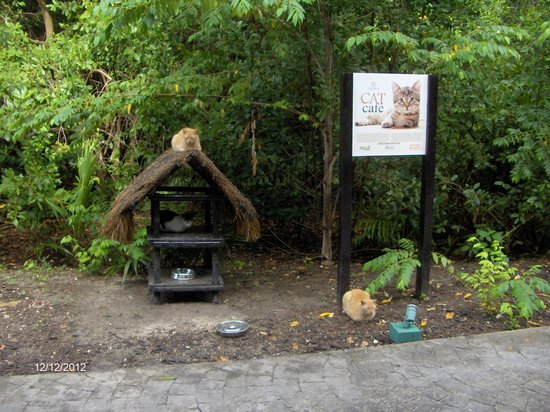
Key Features
- Dedicated space where cats can sleep, eat, and drink
- Ensures cats are healthy, nourished, and not scavenging
- A safe zone for cats during bad weather
- A place for guests who like cats to spend time with them
- Keeps feeding and litter away from guest dining areas
- Informational boards about each cat (names, stories, personalities)
- Tips on how to interact respectfully with cats
- Guests can sponsor a cat’s care or even adopt
- Creates an attraction for social media sharing
- Enhances brand image through ethical tourism practices
Stray Cats
A big hairy problem
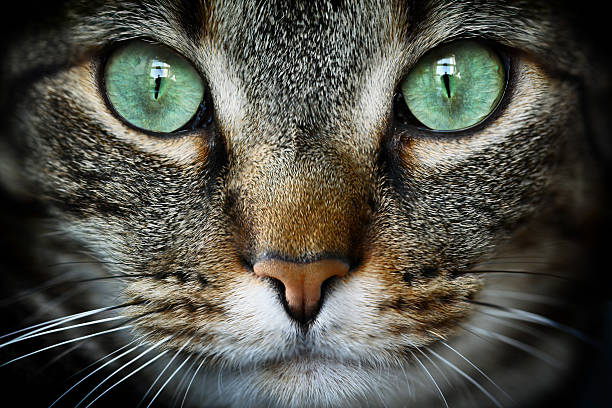
The Economics of Stray Cats and Tourism
A survey of 1,200 US and Canadian tourists revealed that stray cats have a measurable effect on a substantial number of travelers’ vacation experiences.
Public Health
- Disease, sanitation and safety concerns
- Quality of life, smell, allergic reactions
Environment
- Ecosystems of rare species, an asset of a destination, are vulnerable cat attacks
- Stray cats on islands have contributed to the overall extinction of 33 species and are a threat to 8% of critically endangered birds, mammals, and reptiles
Animal Welfare
- Mass killings of cats is inhumane and does not address the long term problem
- Poison, is a popular method of eradication, also inadvertently kills other land animals and marine life
Stray Cats Effects On Destinations
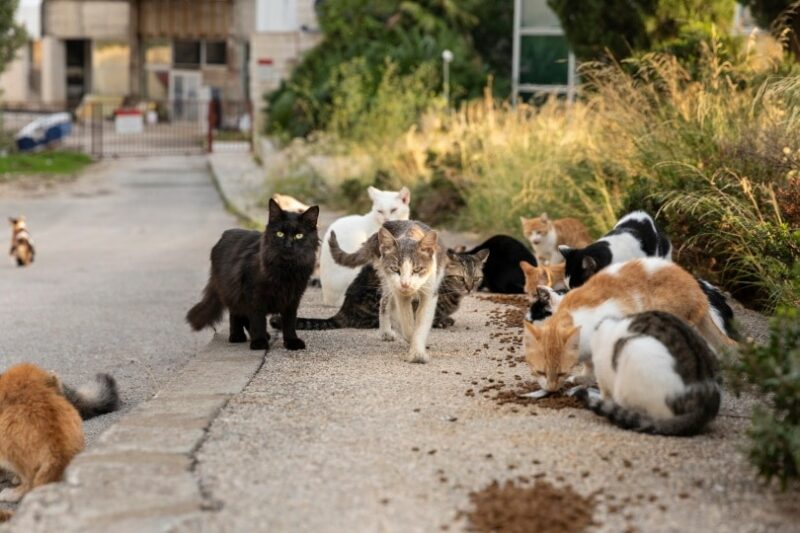
Cats producing two litters a year can exponentially produce as many as 420,000 over a period of seven years
Stray Cats & Tourism
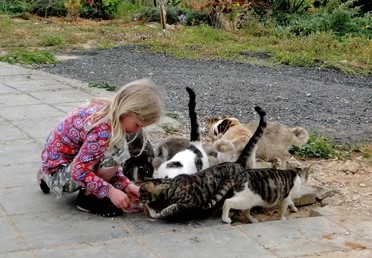
A 2020 survey of 445 consumers revealed:
- Stray cats are experienced by visitors at restaurants and lodging as often as on the street
- The majority of respondents believe the tourism board or DMO should humanely support cat population management to protect native species and human health
- Seeing stray cats causes visitors to be sad, disgusted, angry and fearful
- 80% would NOT visit a destination or business where the cat population is managed inhumanly
A Change For Good
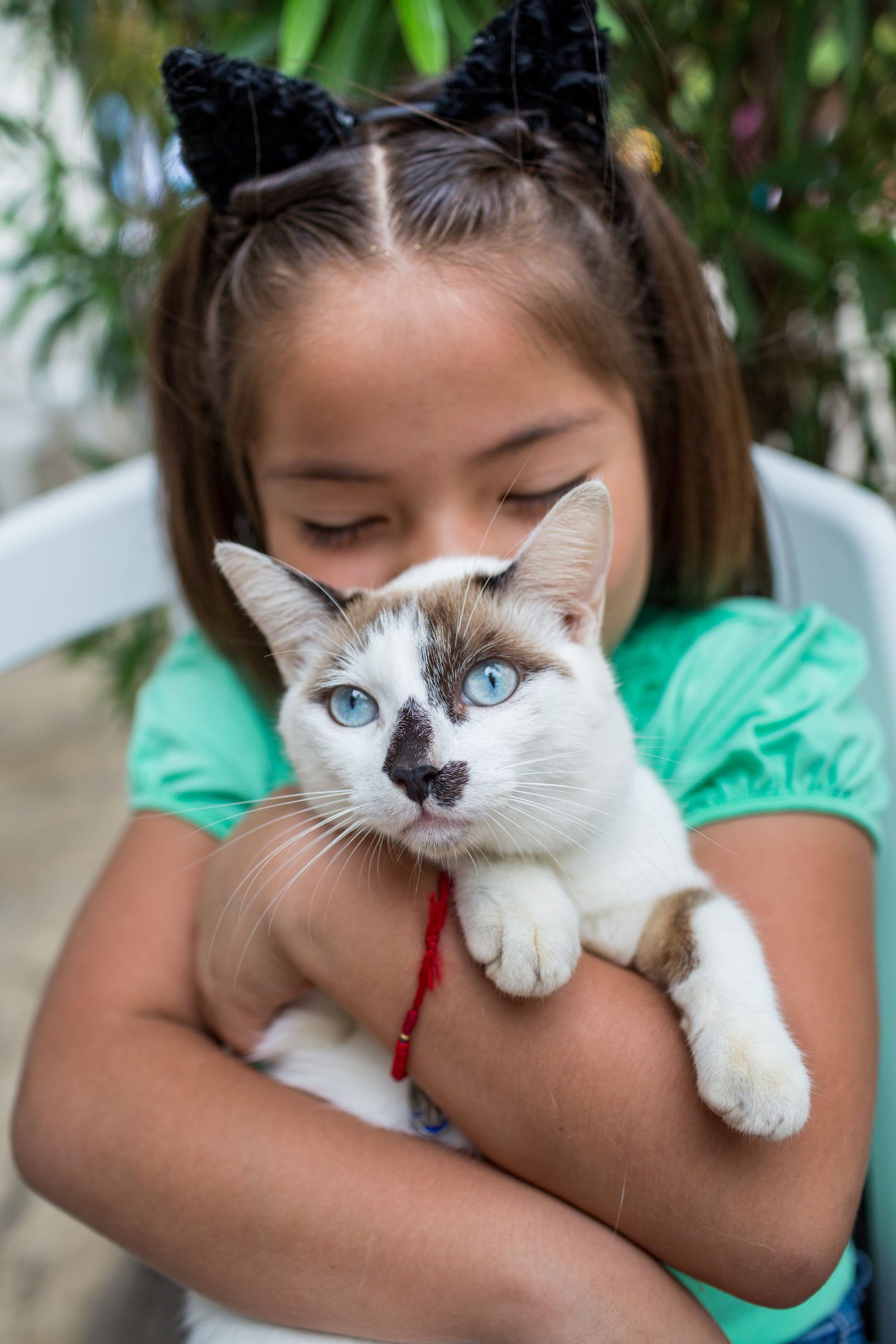
Results
- Improved guest experience.
- Reduced health risks to guests and employees
- Enhanced public image to consumers
- The cats have a central feeding area, and are not roaming around the hotel grounds, kitchens, and restaurants seeking food.
- The existing population becomes healthier and non-reproductive.
Impact
- Increase of returning guest reservations
- Increase the number of first time guests, who seek to patronize businesses who prioritize social good, and animal welfare.
- Employment opportunities and increased business for local veterinarians
- Healthy existing cat populations.
- Reduction of stray cat population.
- Reduced predatory attacks on local wildlife populations
